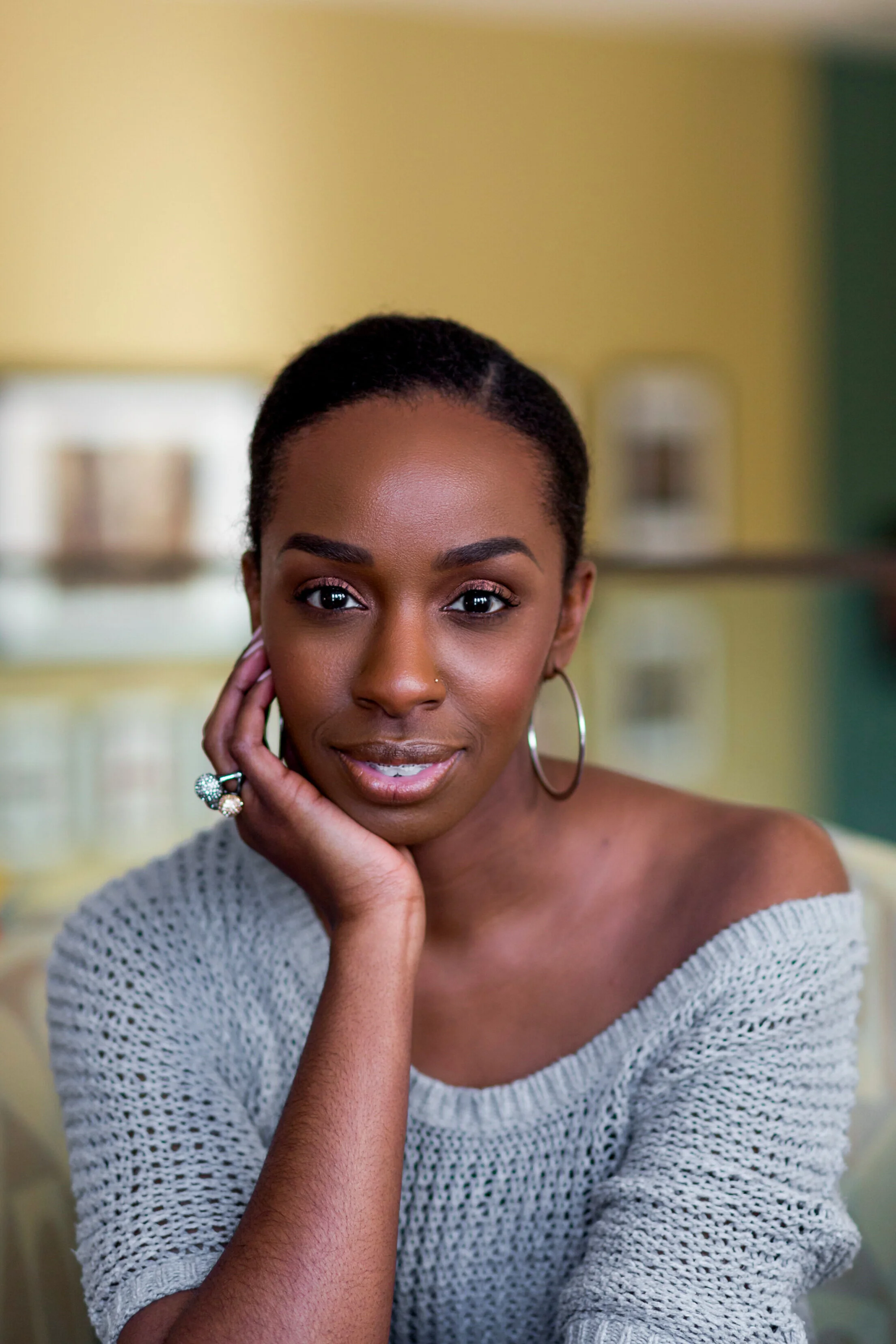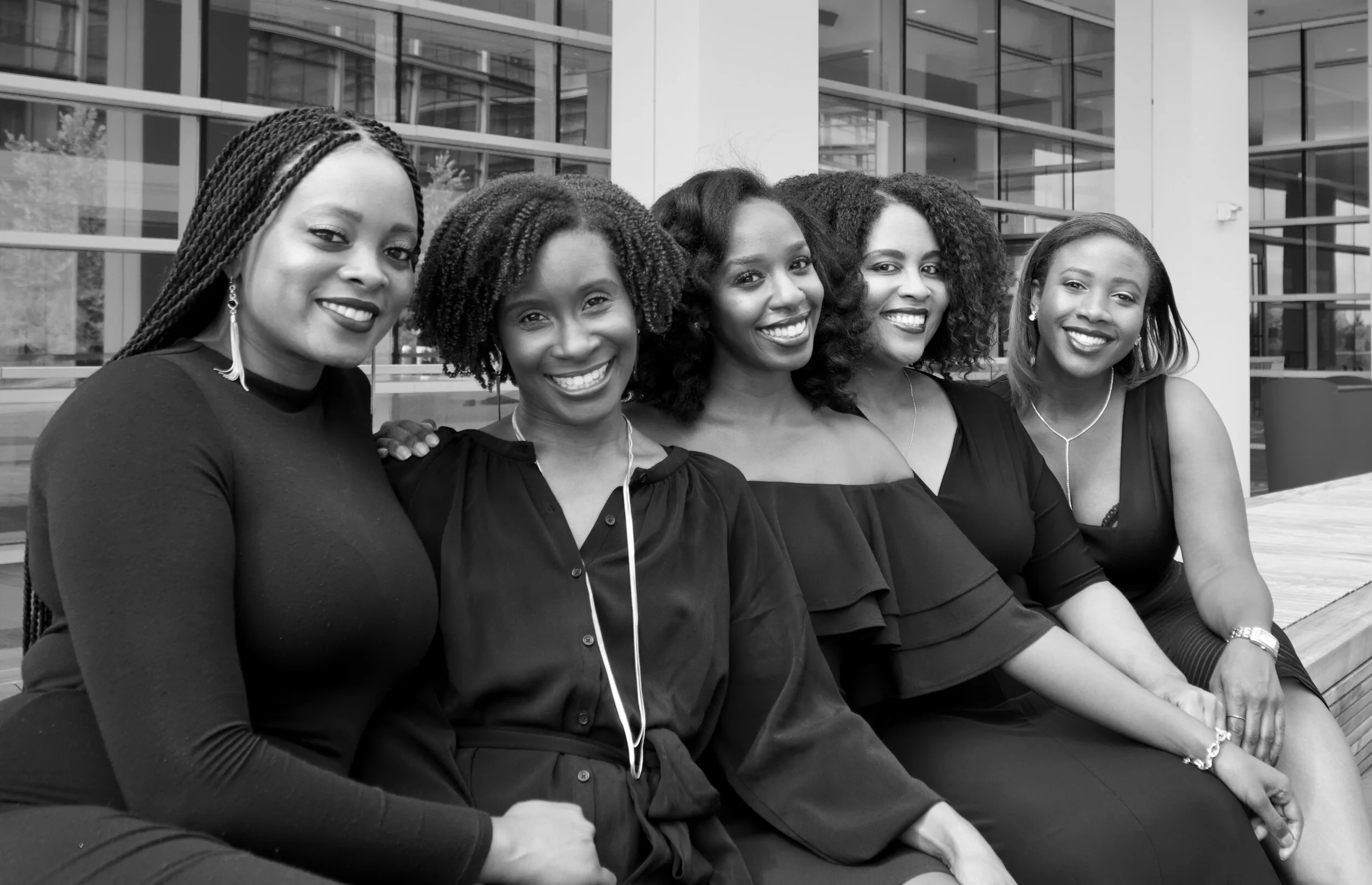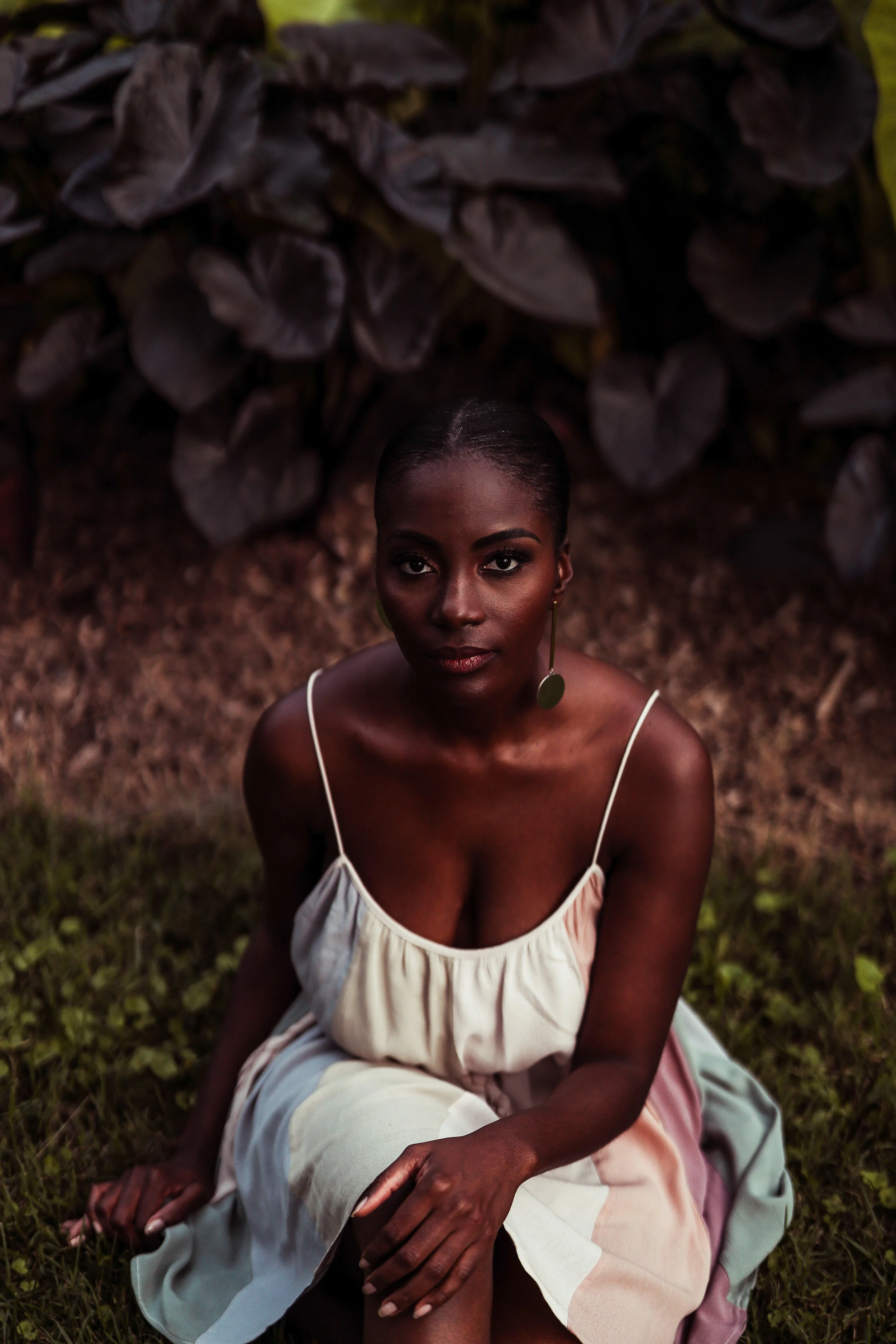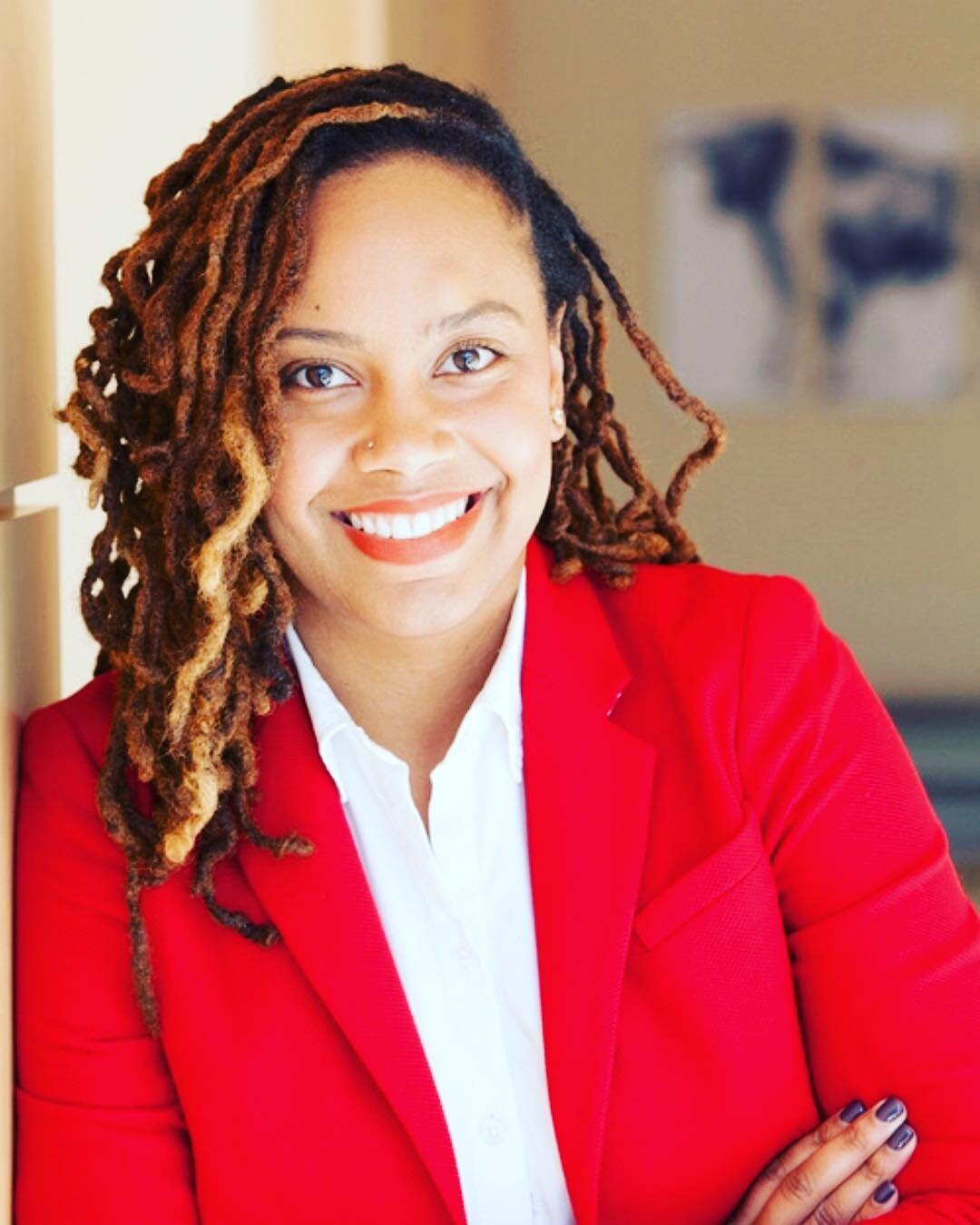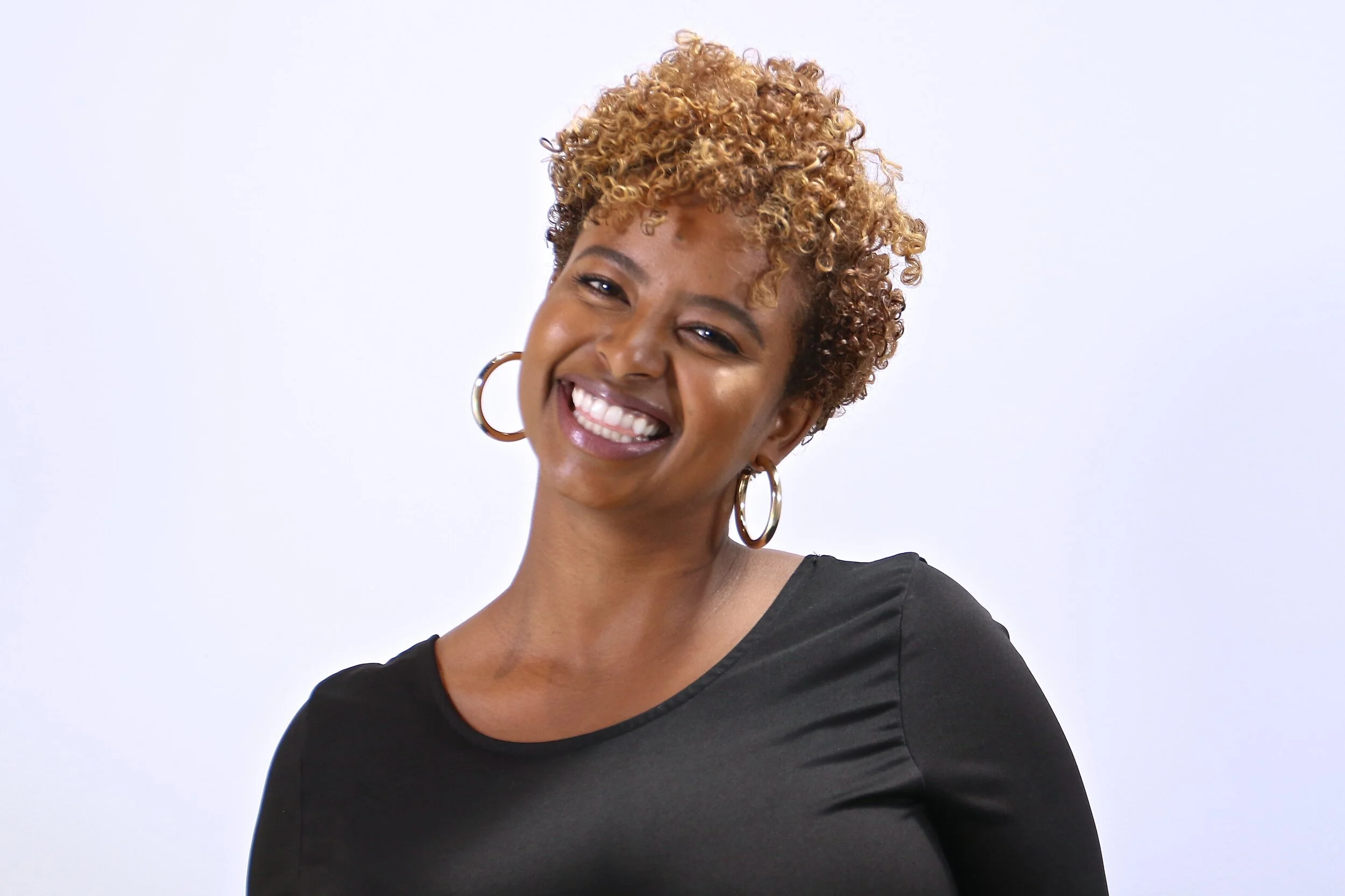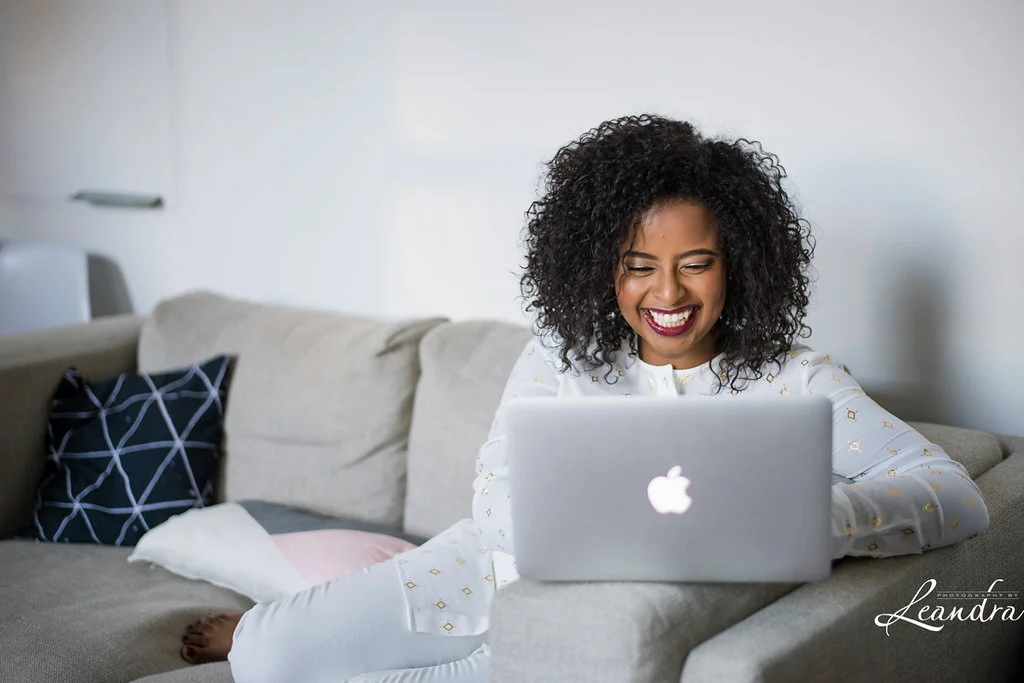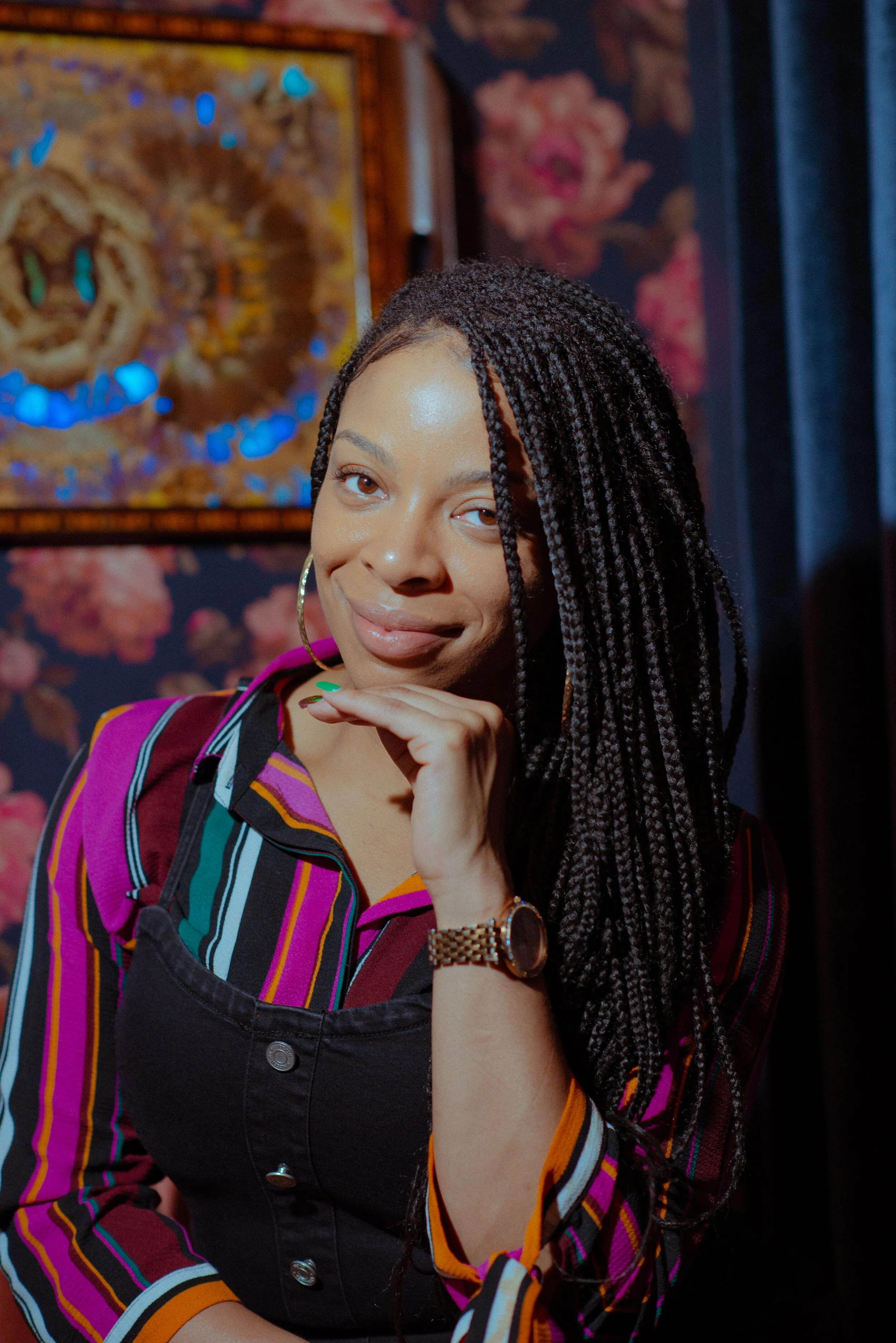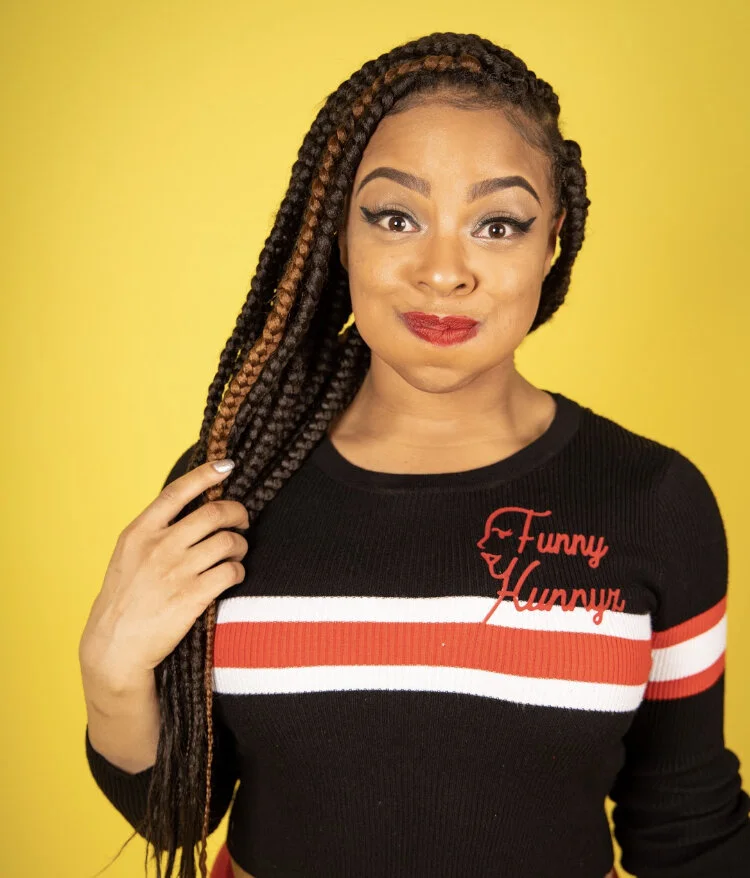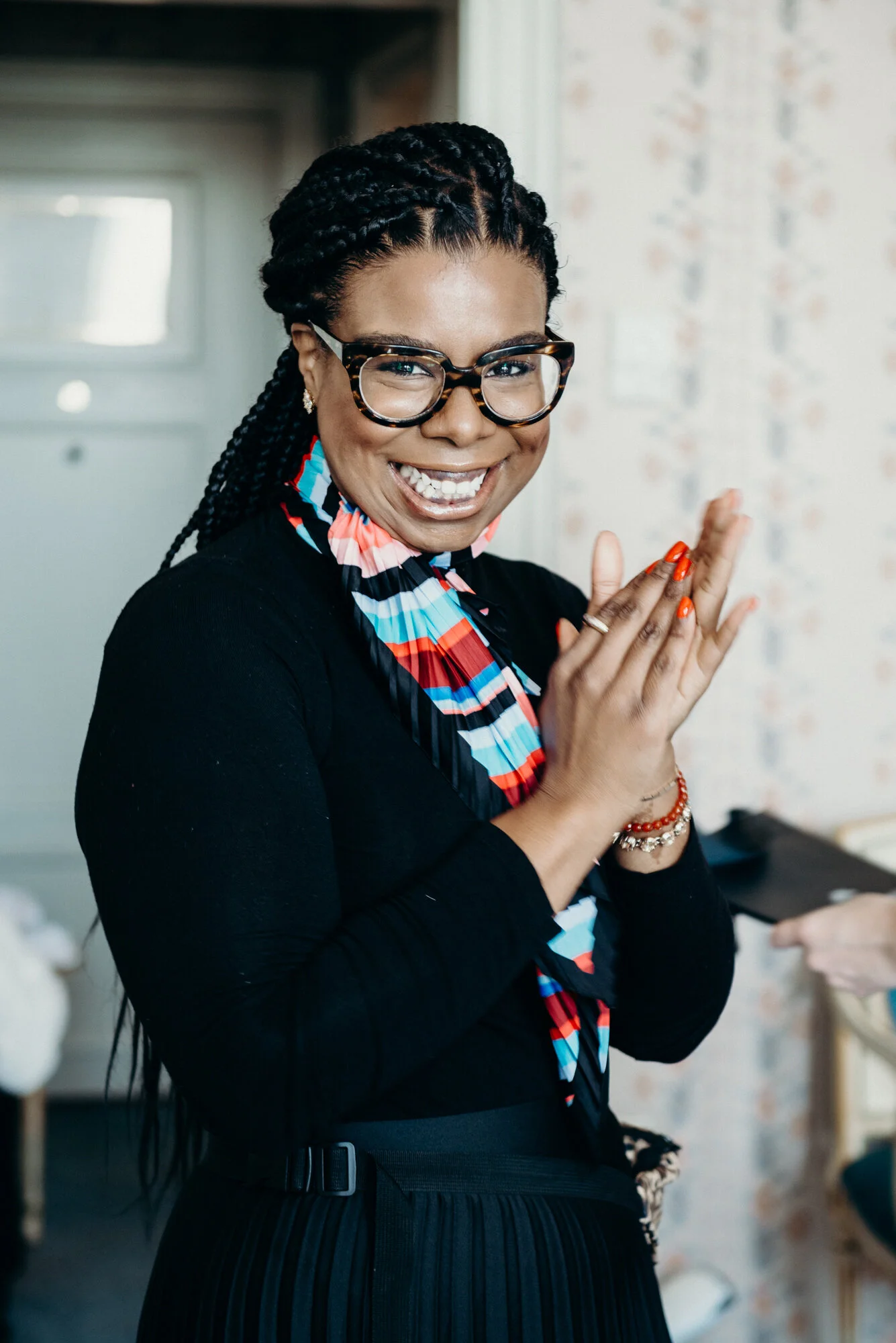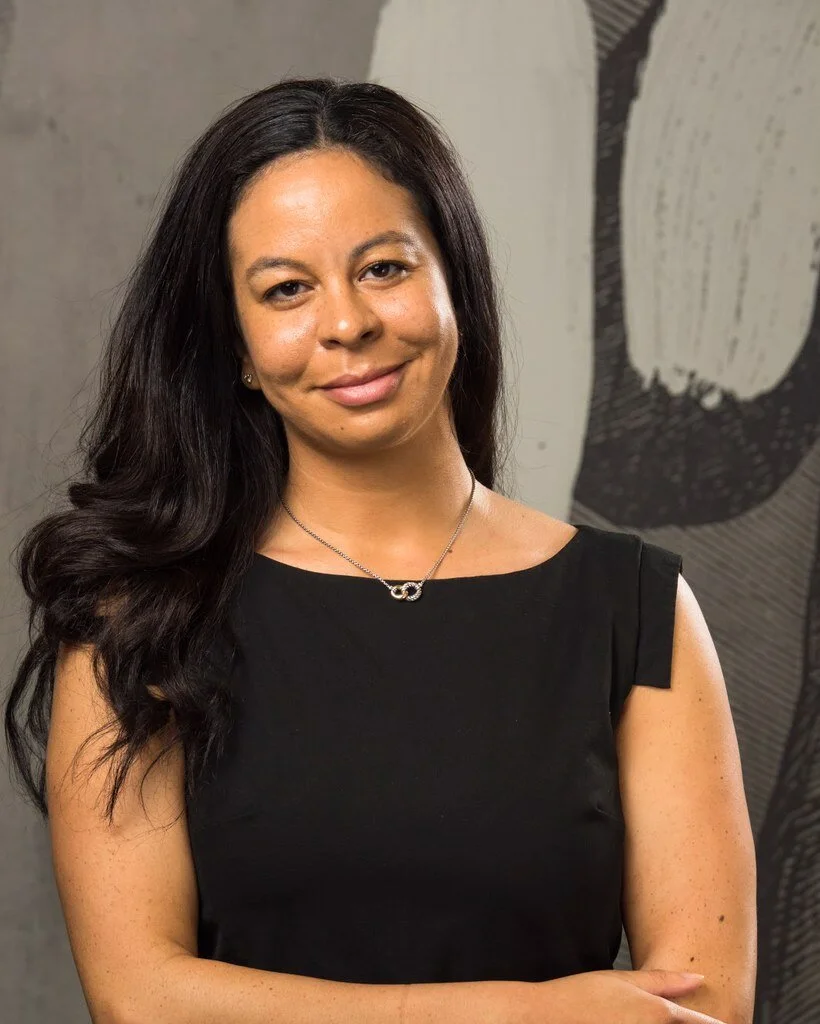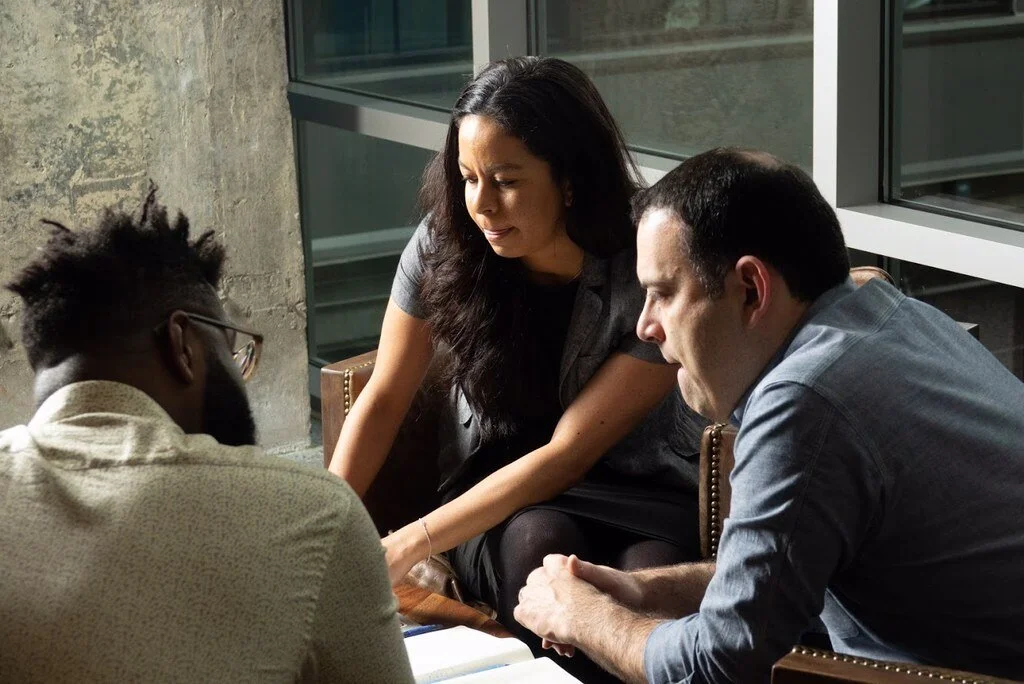Natalie Dean, Founder of Whine & Cheese, Inc.
Hi, Natalie! So let’s start with your “9-5” job. What do you do for a living?
Hi! So full-time I work for the American Federation of Teachers, which is a teachers union based in Washington, D.C. Specifically, I engage our more than 3,000 local affiliates on a special project called Share My Lesson, a website where we give educators free resources to be able to successfully teach, manage, and work with students and make sure they’re successful.
My background is in corporate and crisis public relations. For about eight years of my career, I worked at fast-paced PR firms. When you’re fresh out of college and working in corporate and crisis PR it can be very overwhelming. I remember having to have two Blackberrys at the time, and having to take my work Blackberry on vacation with me. So, you know, when you first start in your career in your early twenties, that’s exciting, right? “Oh, I got an extra Blackberry. I’m traveling for work and I’m employed by the top PR firm and get to work with these major brands.” Then, a few years in, you start to experience burnout, and you think, wait a minute, is this really my dream job? But I felt that I had to take on that persona of having it all together, or to at least look like I do. Because I was too young to look burnt out, plus I was one of very few Black women, the youngest one on my team, and I worked for one of the highest-ranking Black women in that particular office and didn’t want to let her down. I was going to grad school at night. I was in a new city. So I could not fail.
Right. So many people can relate to that, I think. Especially Black women. The “work twice as hard” mentality.
Right, and so what happened — I would keep a space heater at my desk and one day I went to bend down to turn it on, and I was in so much pain. I went to the doctor, and she couldn’t figure it out — she thought I pulled a muscle. So she sent me to physical therapy and on the very first session, my physical therapist is like massaging my back and asking me what’s going on in my life. I’m telling her about my job, and grad school, and that I’m trying to buy a house. I’m just going down the list. And she’s like, “Oh, that’s awesome but, um, this isn’t a pulled muscle. This stress is manifesting in your body as this pain you’re feeling.” That’s when I realized, wow — I thought I was doing a good job making it look like I have it all together. But on the inside, my body is screaming, No, you don’t girl! That’s when I decided, maybe I need to start looking at a position that doesn’t require so much of my time. I ended up at an education startup that needed a PR manager. The startup was jointly owned by the Teachers Union and that was the start of my transition.
And so from there, how did your nonprofit Whine & Cheese come about?
In the midst of that transition I realized how stressed I was, but had been holding it in. I started having conversations with friends and admitting how I felt. Slowly but surely they started admitting the same. Like, girl, adulting is not what I thought it would be! (laughs) This whole job thing is way more stressful than I imagined. I thought I was more prepared! And I realized that while our experiences may not have been identical, the emotions behind them were. So I said, okay, these are conversations that I’ve been having with friends that live in different cities. But I know I need women here in my area, so that we can get together and safely say — sometimes with our words, other times with just a look or a sigh — “I’m struggling. I need help.” And to also say to my network that their support is valued and important to me. And to be able to give the gift of community to each other. So I started an organization called Whine & Cheese, a forum where we could express, reflect and reset without pretense.
That’s incredible. And how would you describe the evolution of Whine & Cheese over time to what it is today?
It actually didn’t start as an organization. It started as a casual girl’s night in. I invited a few friends and asked everyone to bring a plus one, if they wanted. We all got together in my girlfriend’s living room. I decided that it was not going to turn into a pity party. So while we were definitely going to complain about all that was going on, we were also going to counter those emotions by recognizing and verbalizing all the ways and reasons we still had to be grateful. So we whined, but then we also cheesed or, you know, named things that made us smile.
I love that! And I’m embarrassed to say I didn’t connect the “cheese” part of the name until just now. (laughs) So let’s sit with this for a second. Can you describe a little bit more about how some of the first Whine & Cheese sessions went? And when did you decide, oh, this could be a thing?
So you’re asking me to think back ten years. (laughs) But that first night, and remember it was a group of 11 of us and I had probably invited five. And then, some people brought a plus one.
Right, yeah.
So, there were familiar faces, but we didn’t all know each other. And that actually provided a space for us to be even more open with one another. The first few gatherings, we went deep. We shed tears, we prayed, we held hands. And it was like, Oh my gosh, this was the relief that I didn’t know I needed. So we started doing that every month, or every other month. There was no real formality to it. Our attire was very “show up as you are.” Like, you don’t have to get cute. This is an opportunity for you to let your hair down. So I also think that helped with the atmosphere of people feeling comfortable.
We were doing that for a couple of months and then, I was on the phone with a girlfriend of mine in New York and I was telling her about it and just how helpful it had been. And she said, “Oh, I want to start that in New York.” And I was like, uh no, it’s mine. (laughs) And then it couldn’t have been a day or two when God was like, how could you see how beneficial this has been for the women that you’ve been getting together with and not share this with other women? It was as though He was saying, like, how dare you? So I said okay, I hear you loud and clear. I put a format together. The main rule is that you start with your whine and you end with your cheese. So we’re always ending in a space of gratitude. And I called my friend back up and I said, “Here it is, it’s yours. Run with it!” And since then, she told a friend who lived in Charlotte, who told a friend who lived in Atlanta. And well, we’ve launched over 30 branches since.
Wow! Congratulations.
Thank you! Thank you. It’s interesting because we’ve really not done a lot of promotion. Everything has been organic. It’s been a lot of word of mouth, which confirms for me that this is a need that women have. And initially, it was all women, whoever wanted to join. At some point, though, I had to acknowledge that the women who were showing up were Black women, between the ages of 25 and 40 at the time. They were the ones who needed this space the most. For a long time, I was hesitant about saying this is an organization for Black women because I didn’t want it to feel exclusive. But at the end of the day, this is who is showing up. So why not create a space that calls us out and calls us in?
Yes. That is so awesome. And is it still, I mean, if someone else were to show up, I’m just curious…?
They’re welcome, but with an understanding of the space. . .I’m trying to figure out how to word this. You are welcomed as a woman, but most of the resources and the conversations are geared toward those who identify as Black women. So if you can find your footing in this space — the way Black people have had to for so long — then you are more than welcome. But I decided to be true to the women who showed up for this. as our membership evolves, our offerings will reflect that, but for now this is what it is.
Right. And so how did you come into the role of spacemaker? It can be very hard to do. There’s a delicate way of having to kind of manage different personalities and needs. What do you think prepared you to step into that role?
I wish I had a really good answer for you on that one. It’s like the Maybelline tag line, you know. Maybe she’s born with it. (laughs) I feel like, you know, innately since I was a young girl, I’ve been a connector. I’m very much introverted, but when I find my people, I turn up and turn on. When I like your energy, I’m just like, come be a part of my people. I just adopt friends and family along the way. I think that part of me has also translated into professional spaces. I’m the colleague who, people — specifically Black women, but, others as well — will come to and say, “Hey, do you have five minutes? I just need to think through this idea.” Or, you know, “I need another perspective on this.” And it’ll become a closed door, hour-long conversation by the time we’re done. So I can’t pinpoint what prepared me for Whine & Cheese other than God and what He placed in me, you know?
What do you think you’ve personally gained from Whine & Cheese, as a participant?
Oh, gosh. It has given me some amazing relationships. The very first branch that I launched, we were together for six and a half years before there were life changes and relocations. And then, I ended up starting another branch. So, as a participant it’s given me lifelong friendships and bonds. Your friendships are a reflection of who you are, and usually you pick friends that feel safe or that you share some commonalities. But to be able to connect organically with women who you may not have been friends with otherwise, I think has given me a greater perspective and understanding of myself, and opened me up to new and unexpected things. These women have been able to pour into me in a way that I have just never felt before. And that’s not a knock to my day one friends, but there’s something special about being able to form friendships as adult women.
Yes! Yes, that’s so tough!
And, you know, there’s no pretense with Whine & Cheese. There’s no, what can you do for me? It’s just, I want to see you win, sis. And that gives me a renewed hope. When I see that among women — who I believe are the head of society, the changemakers — I get a renewed hope for what this world can be. And, then, I’ve been introduced to so many other gifts and talents that either they poured out, or that have been brought out of me. And just having this cheerleading squad. There’s a whole list of benefits.
Incredible. I mean, what a wonderful space you’ve created. So, how can women get involved?
That’s a good question. So to join Whine and Cheese is very simple. Just go to our website https://foreverywhine.org/, and sign up. In light of the pandemic and other life changes that have kept us apart, I've been searching for a way to bring us all together on a safe, yet personal level. So recently, we launched a mobile app to connect women in the same area and around the country. We’re a non-profit organization now, which I decided to incorporate in 2014, so a portion of the membership fee is tax deductible. Once it’s safe, if members want to start a branch, or small group, with other members in their city, that’s certainly an option and points back to the foundation of our organization — being able to move away from the screen and interact in person.
Once someone decides they want to start a branch, I would schedule a call with her to be sure that this is the right fit. Not so much to vet them, but because there is a responsibility one must have to the collective when deciding to facilitate a safe space for women. So we’ll have a conversation, and then I’ll walk them through the very easy process of getting started. I literally have a framework for them to follow. Within the app, we share everything from funny memes and songs that get us amped, to affirmations and daily devotionals. We host regular events via Zoom that help achieve our personal and professional goals and we also have an annual retreat where we can get together for a long weekend to bond and build community. The last retreat was in this beautiful 15-bedroom villa in Orlando. We had so much fun! So after the country tackles the Coronavirus, we will be planning the next one. So yeah, that’s how it works!
Wonderful. This was incredible and I’m so impressed with what you’ve built and how you’re managing it. Thank you so much for sharing, Natalie!
Of course. Thank you!
Natalie (center) and members of Whine & Cheese.
Please share this post with a friend, and follow us at @BlackWomenWorkIG!

